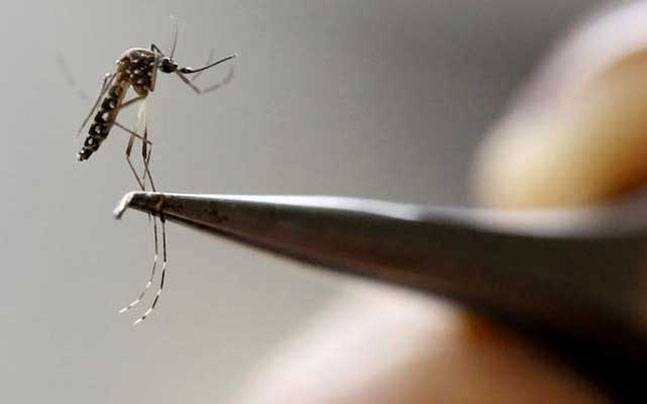
Experts expressed these views at a seminar organised by the Department of Parasitology at the University of Faisalabad (UAF) on Wednesday.
Chairing the session, UAF Vice Chancellor Dr Muhammad Ashraf said mosquitos and mosquito-borne diseases are potential enemies of public health and livestock. He said they can affect social and economic statuses countrywide with dengue, malaria, zika and other diseases due to climate change and other factors.
“For the past few decades, incidences of mosquito-borne diseases are increasing in the country due to climate change and other factors,” he maintained. Ashraf added that prevention is an important part of the fight against such diseases in endemic countries. This can be achieved through vector control and personal protection measures.
He urged citizens to keep their home, environment and surroundings clean by removing stagnant water and containers, avoiding the accumulation of ground water and properly disposing of polythene bags.
He expressed that tangible steps were being taken by the varsity’s scientists regarding plant protection, identification and control of vector-borne diseases, vaccinology and pesticide residue impact.
Veterinary Sciences Dean of Faculty Dr Zafar Iqbal Qureshi urged citizens to maintain cleanliness at public places and to avoid throwing shopping bags on roads. He stressed the need for eradicating filth from localities and raising awareness.
Dr Waseem Akram said that real time data was being gathered on various portals being used in the dengue control programme such as vector surveillance and case response. Dr Shahid Majeed said that 400 million malaria cases and 96 million dengue cases are reported across the world every year.
Published in The Express Tribune, June 20th, 2019.







1732355030-0/BeFunk_§_]__-(41)1732355030-0.jpg)
1732340798-0/BeFunk_§_]__-(35)1732340798-0.jpg)
1728020241-0/Express-Tribune-Web-(12)1728020241-0-270x192.webp)







COMMENTS
Comments are moderated and generally will be posted if they are on-topic and not abusive.
For more information, please see our Comments FAQ